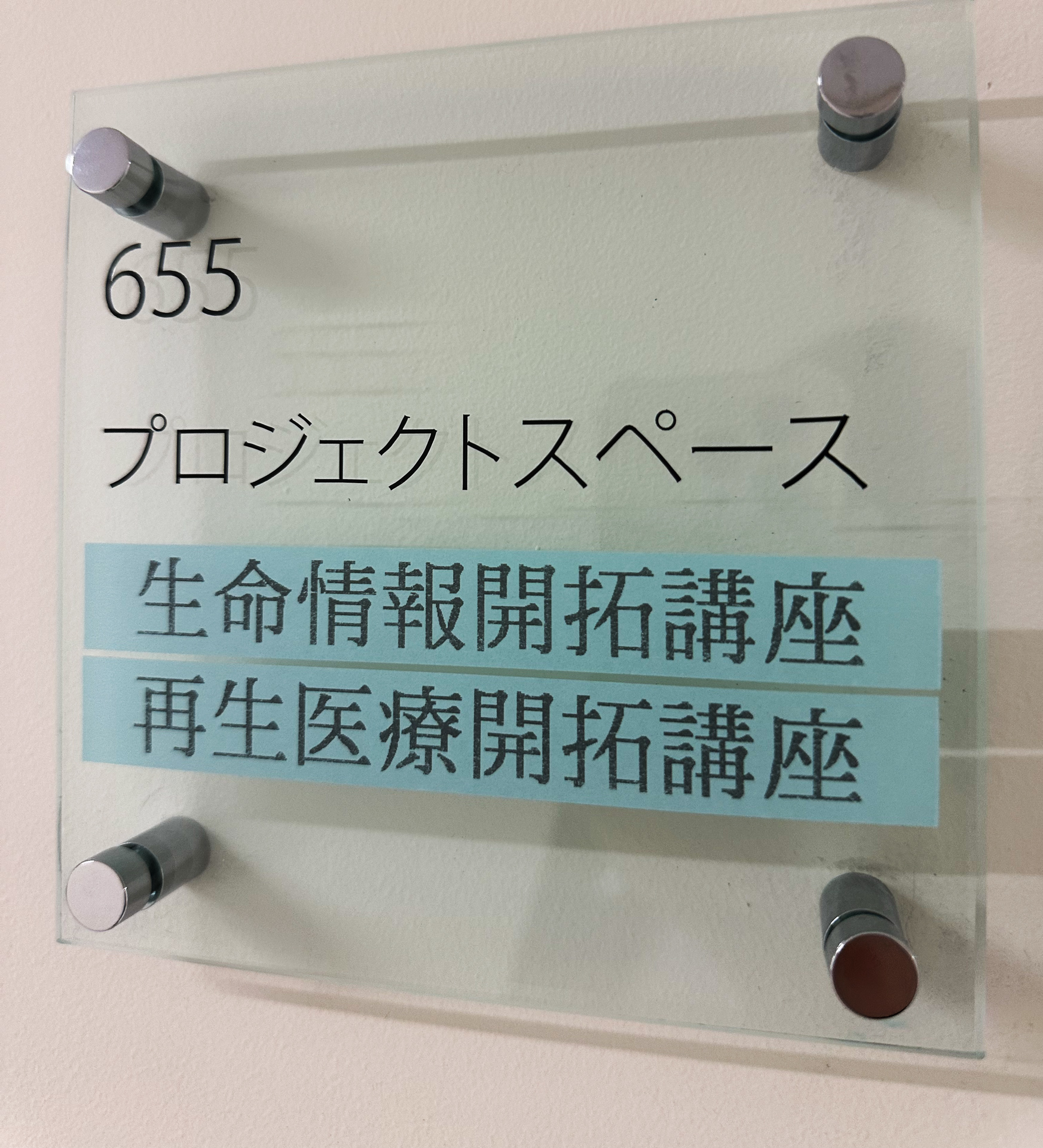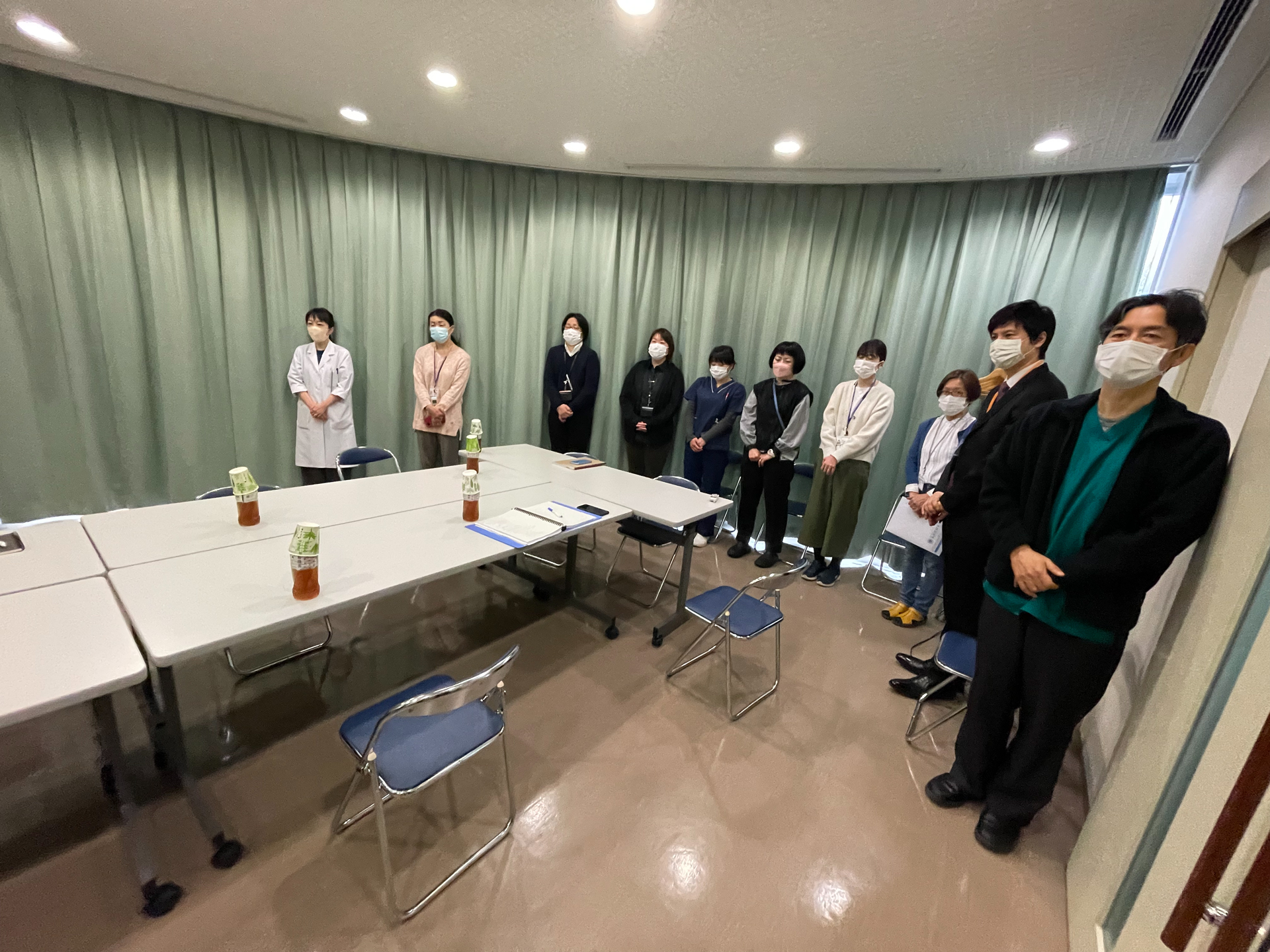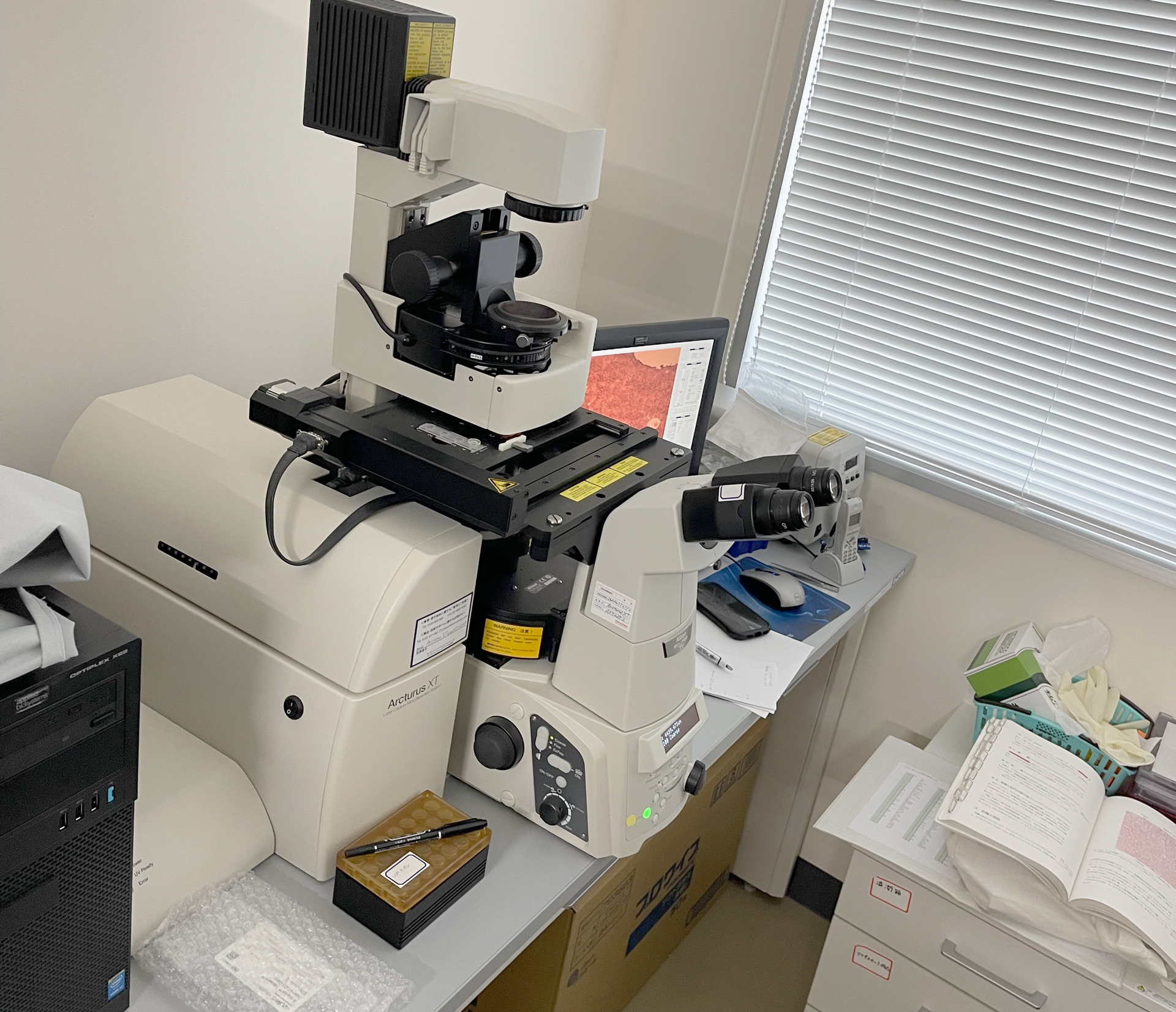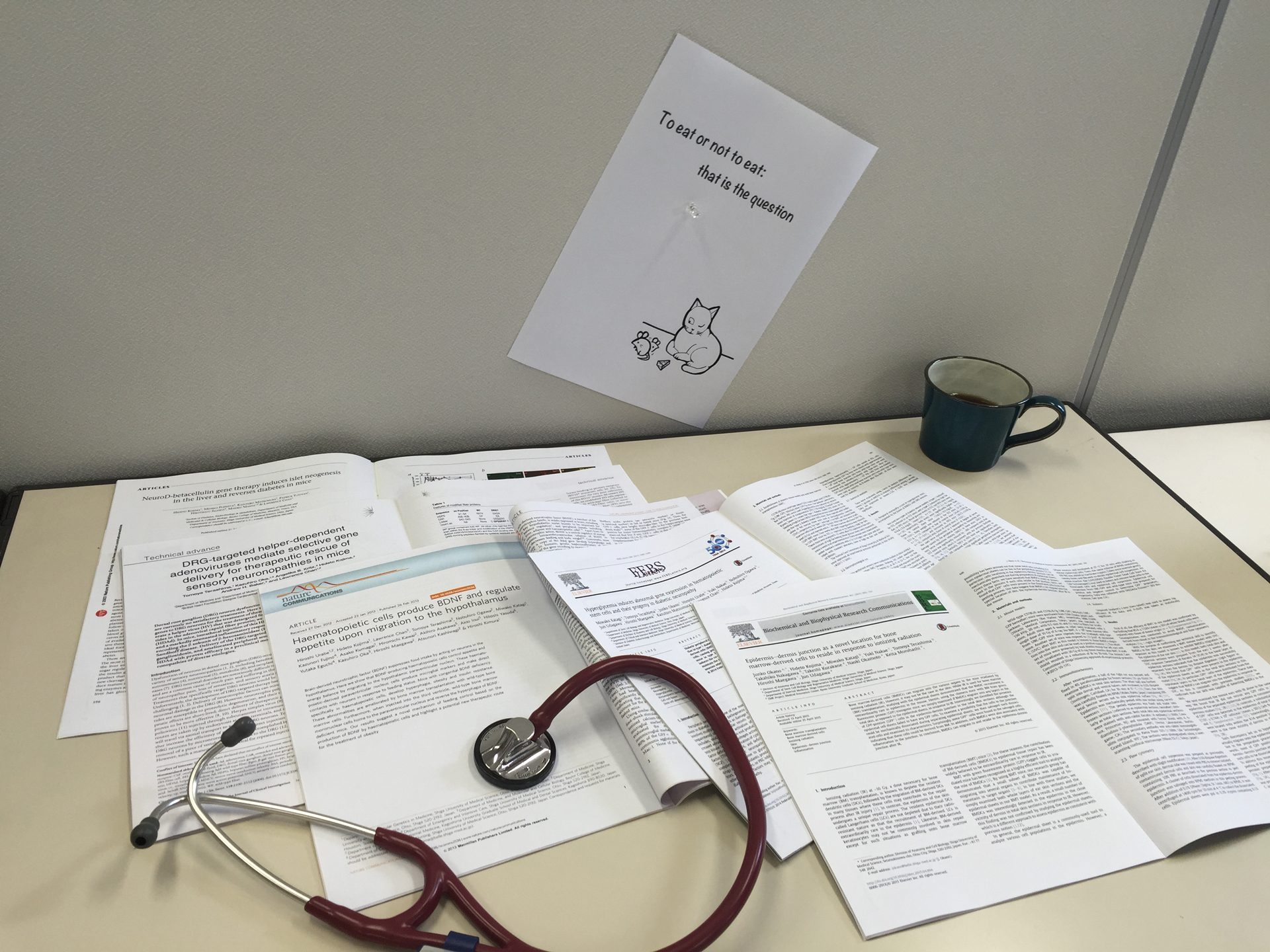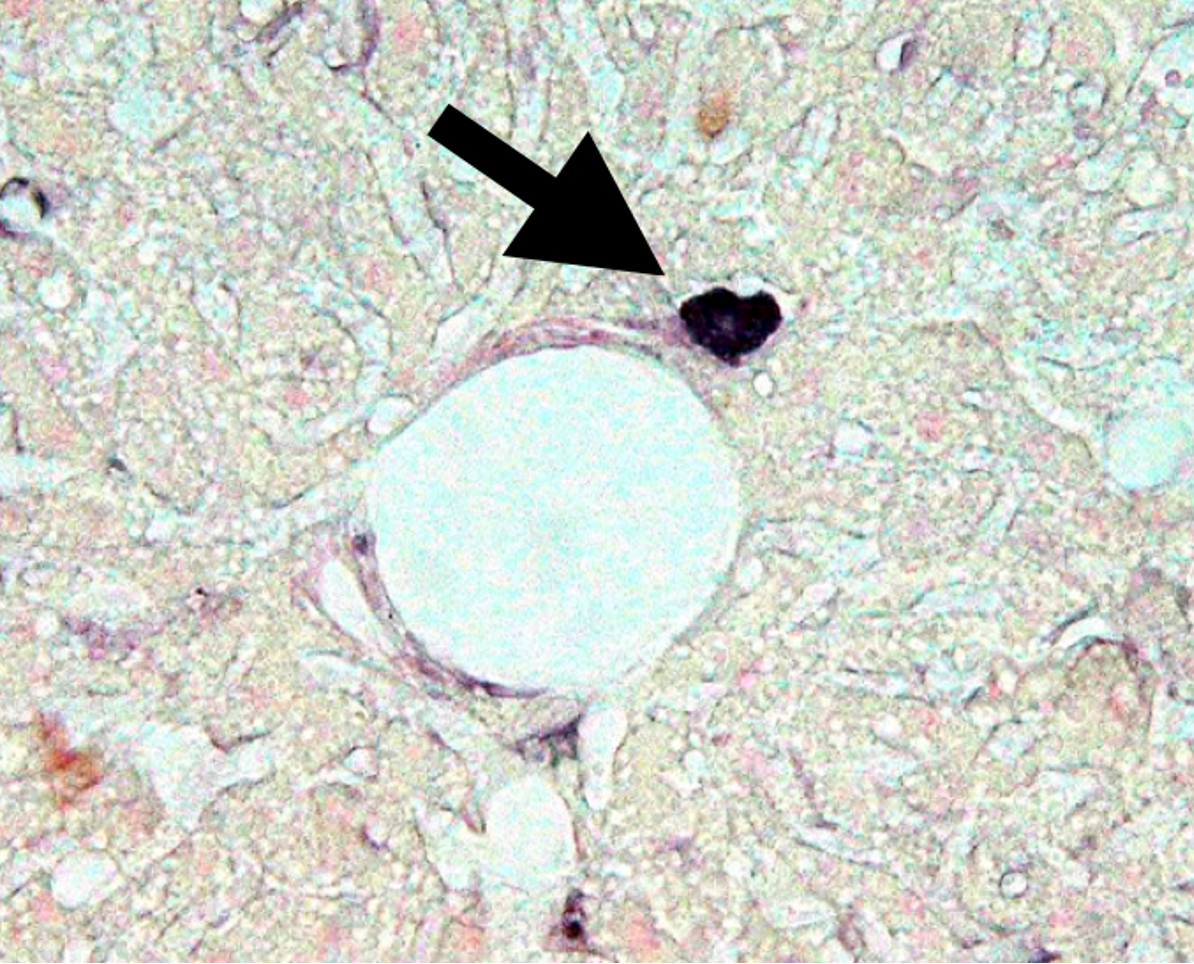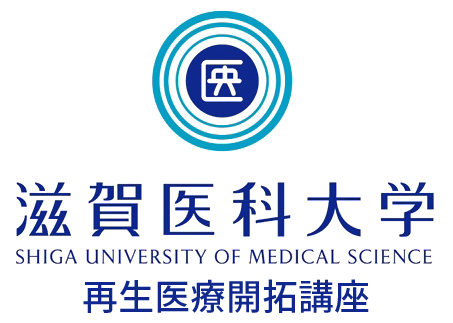Pioneering Collaborative Research for Curing Refractory Diseases
I am driven by a strong desire to cure kidney disease, a condition often deemed incurable, and I have been continuously pursuing research to achieve this goal. Diabetes and collagen diseases are also chronic, hard-to-cure diseases, and there is currently no treatment that can completely cure them. I believe that these chronic diseases may share a common underlying mechanism. It seems that the regenerative mechanisms inherent to the human body may be involved in the causes of these diseases.
The organ regeneration I envision is not about creating new organs in a laboratory, but rather, enabling the damaged cells or organs to regenerate on their own.
I am pleased to announce the launch of a joint research course with a company that has agreed to support this ambitious endeavor. We will mobilize all the research and clinical experience accumulated to date to make efforts towards curing these difficult-to-treat diseases.
Shiga University of Medical Science, Department of Regenerative Medicine
Specially Appointed Professor, Head of Joint Research Course,
Takahiko Nakagawa
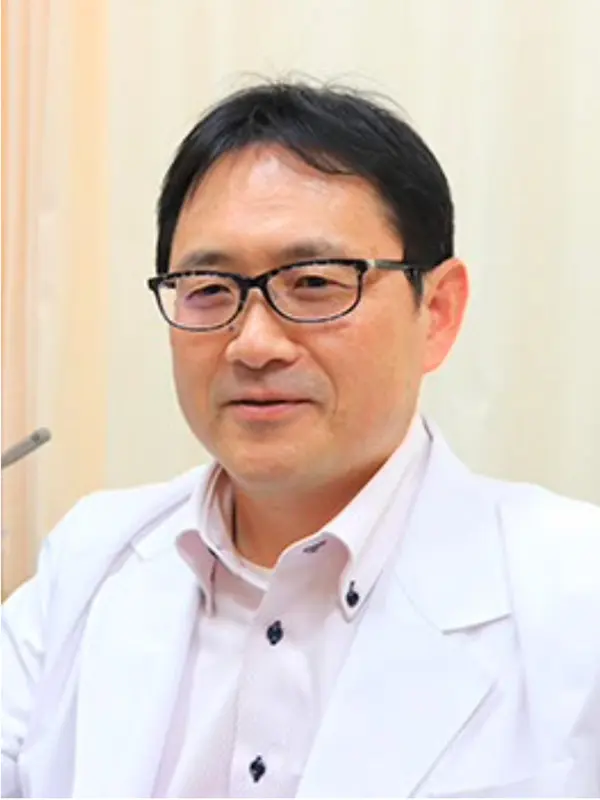
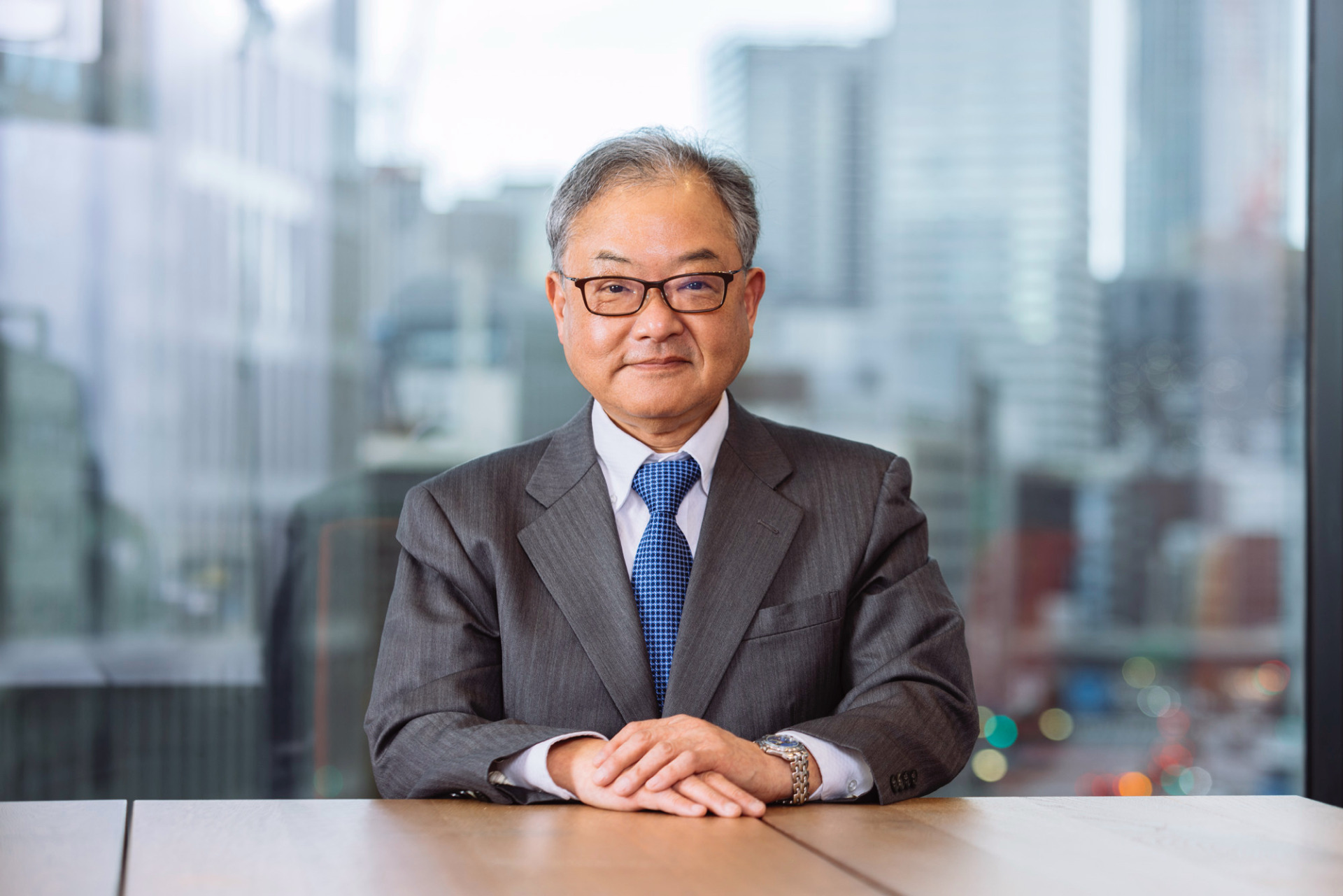
Greetings on the Establishment of the Joint Research Course
My journey into diabetes research began during my third year of medical school. As an undergraduate, I was invited by a professor who lectured on diabetes to become the head of the ward for diabetic monkeys. I initiated serious research immediately after becoming a physician. Diabetes is an incurable disease once contracted, and there was no research theme on how it could be naturally cured. All research focused on achieving better blood sugar control to prevent the progression of diabetes and its complications.
During my postgraduate studies, I gained a comprehensive understanding of the disease called diabetes. However, the more I researched the relationship between blood sugar control and diabetic complications, the more I encountered the fundamental question of “Why can’t diabetes be cured?” This persistent question often plunged me into deep darkness. I decided to confront this unspoken question head-on. In recent years, various challenges have been resolved through my research, revealing that diabetes is caused by stem cell abnormalities, similar to cancer. We have identified a potential ultimate goal for the research: diabetes can be treated using the same methods as cancer. This realization took nearly 40 years.
This research has been driven by my unique perspective, with few researchers employing the same approach. If I were to halt this research, the opportunity to save many lives would be significantly delayed. However, the institution has a well-established system for joint research courses, allowing us to continue our work. We will make every effort to implement this research into society as quickly as possible.
A joint research course is a system where universities and private institutions collaborate on common issues as equal partners. Universities receive researchers and research funding from private institutions, strengthening external cooperation and aiming to produce outstanding research results. Utilizing this system, we will strive for further research advancements and contributions to society.
Shiga University of Medical Science, Department of Regenerative Medicine
Special Professor, Head of Joint Research Course,
Hideto Kojima
Laboratory
Applying the unique technology developed by Professor Kojima, efforts include the redevelopment of existing drugs, development of new drugs, and etc.
Research is conducted daily to understand why diseases do not heal, find answers, and develop cures rather than treatments.
Introducing the research course and related members. Detailed information on each member’s expertise, research content, and achievements is provided.
Research commissioned by Biozipcode Inc. and conducted by Shiga University of Medical Science faculty. Expenses are covered by the commissioning party.
A list of papers published by the lab is available. Research outcomes led by Special Professor Kojima in diabetes and regenerative medicine are presented.
Directions to Shiga University of Medical Science and the lab. Note: JR Seta Station does not accommodate express trains. Please use rapid or local trains.
Frequently asked questions about the Department of Regenerative Medicine, diabetes stem cells, and research content are compiled.
Are You Interested in Research at the Department of Regenerative Medicine?
Are You Interested in Research at the Department of Regenerative Medicine?
You can send a direct inquiry to the Department of Regenerative Medicine through the contact form.

